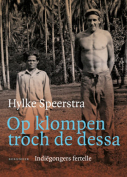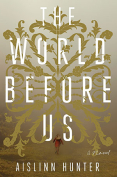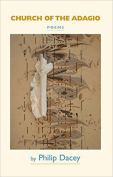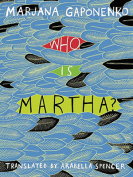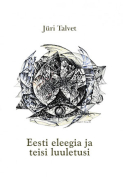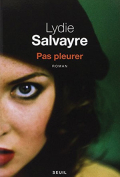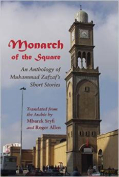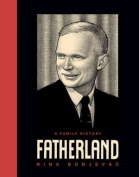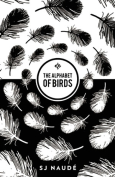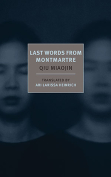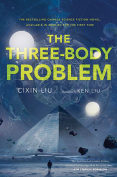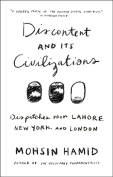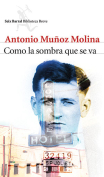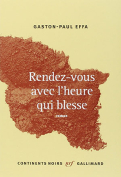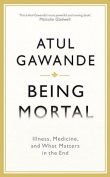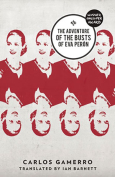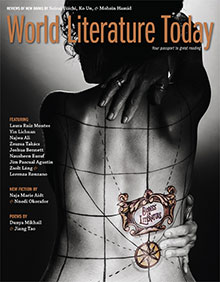Rendez-vous avec l’heure qui blesse by Gaston-Paul Effa
Paris. Gallimard. 2015. ISBN 9782070147557
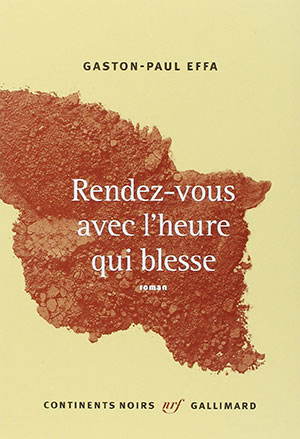 Gaston-Paul Effa, of Cameroonian origin, has lived for many years in France, where he teaches philosophy. He has published more than ten books, several on attitudes toward Jews and blacks in France. His latest novel, Rendez-vous avec l’heure qui blesse (Meeting with the wounding hour), is based on the life of a black immigrant from Martinique who came to France as a child and was the first person of black origin to be elected mayor of a community in France. The novel is thus similar to Tierno Monénembo’s Le terroriste noir (see WLT, March 2013, 140), which relates the story of a black man who fought against the Germans in World War II.
Gaston-Paul Effa, of Cameroonian origin, has lived for many years in France, where he teaches philosophy. He has published more than ten books, several on attitudes toward Jews and blacks in France. His latest novel, Rendez-vous avec l’heure qui blesse (Meeting with the wounding hour), is based on the life of a black immigrant from Martinique who came to France as a child and was the first person of black origin to be elected mayor of a community in France. The novel is thus similar to Tierno Monénembo’s Le terroriste noir (see WLT, March 2013, 140), which relates the story of a black man who fought against the Germans in World War II.
Raphaël Elizé, the descendant of Caribbean slaves, has trained as a veterinarian. He initially finds it difficult to be accepted in a small community in Sablé-sur-Sarthe, but he works well with animals and is soon appreciated. He is chosen as mayor several times and works in the SFIO (the Socialist Party in 1930s France). As a black mayor, after the defeat of France, he is obviously rejected by the German occupiers, dismissed from his functions, and then sent to Buchenwald.
Elizé narrates his own story, in short chapters, each relating one incident, sometimes the treatment of an animal, sometimes his observations in the cattle car headed toward Buchenwald. Frequently he finds the treatment of animals better than that of the human beings the Germans are sending to the camps: “I was still a veterinarian, watching a woman who opened her eyes abnormally, trying to overcome her pains.” Later he would like to be able to put to death a companion in great suffering as he could have done with a dog. He is made to treat Blondi, a dog belonging to Hitler, whose food is of course much superior to his own.
Elizé thinks of his family, the death of his only daughter, the suffering of his wife. He meditates on the relationship between Jews and blacks, deciding that he was “neither Jew nor Christian, nor Polish nor Russian. I was black, therefore alone.”
Buchenwald is like a slave ship. Revolt is in attitudes, when no action is possible. God is no help, but poetry is a refuge. Elizé quotes Rimbaud, Mallarmé, and Baudelaire. His wife sends him a letter with quotations from Chateaubriand. He joins a group of prisoners, who call themselves the Mohicans, and starts a one-page journal, which consists often of cartoons of Hitler. Almost all prisoners, including Elizé, are killed during the Allied air attacks in 1945.
Effa gives his narrator a rather pretentious style: “I am intimately persuaded that everything which happens in our present life prefigures . . . what we will have to find in our internal life.” The events are dramatic, the narration less so.
Adele King
Paris

